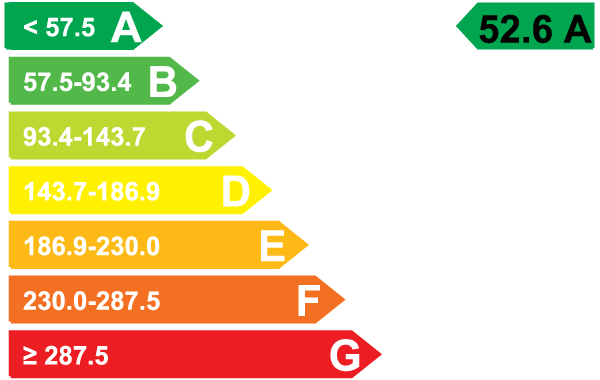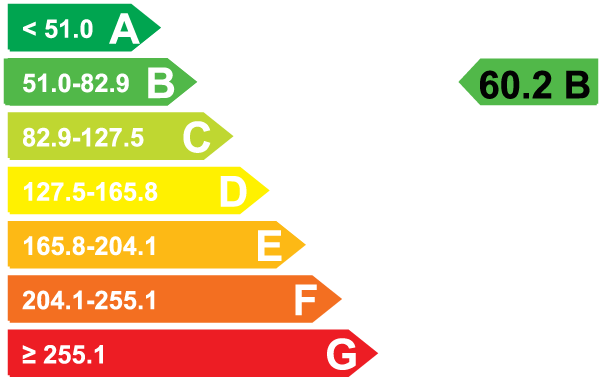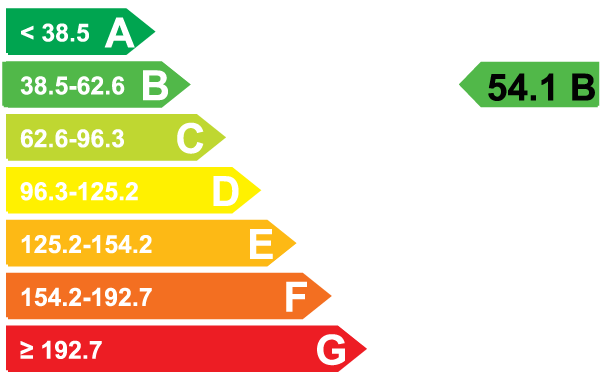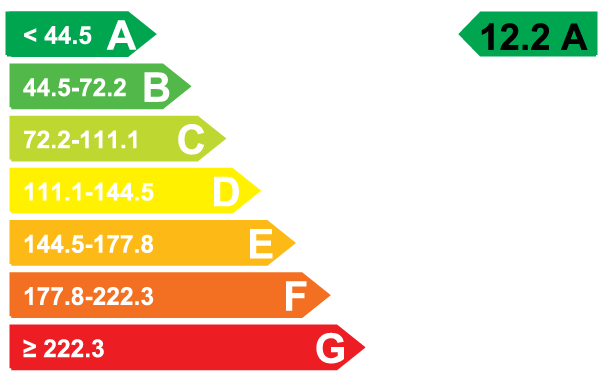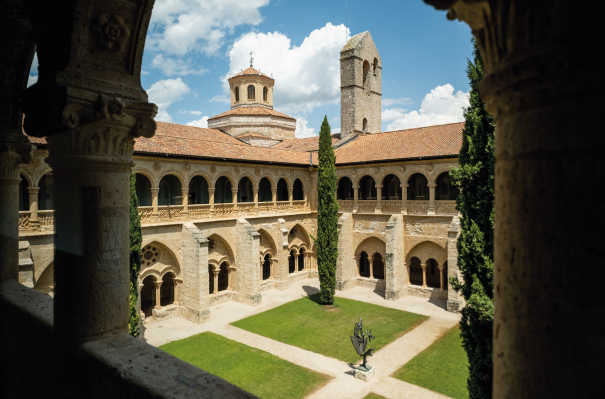SUSTAINABLE DNA
SUSTAINABLE DNA


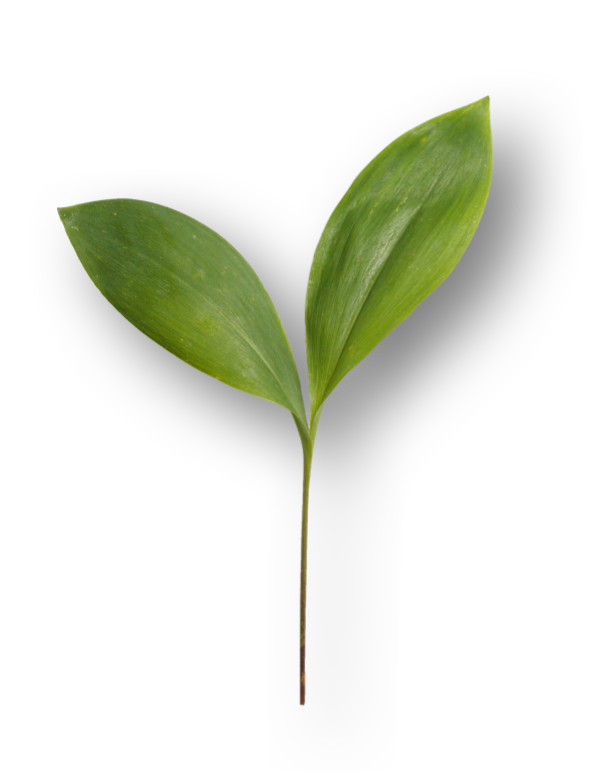
ROAD MAP
HERITAGE REHABILITATION







The Mudejar Convent of Sancti Spiritus was founded in the first half of the 12th century by the Infanta Dª Sancha de Castilla. Various historical texts mention 1128 as the year it was founded, making it the first female cloistered convent of the Order of Saint Bernard in Spain.







The Santa María de Valbuena monastery was founded on 15 February 1143 by Estefanía de Armengol, daughter of the Count of Urgel and niece of the Count of Ansúrez. Located in the heart of Ribera del Duero, the 12th century Cistercian monastery is currently the best preserved in Europe.







Castilla Termal Burgo de Osma is built over the Renaissance University of Santa Catalina, founded in the 16th century by bishop Pedro Álvarez de Acosta. The hotel layout has been adjusted to this magnificent square building, respecting its original design, structured around the beautiful Renaissance Courtyard.







The first news regarding the existence of a spa in Solares dates back to 1753. In 1827, the first Bath House was built over the natural spring and a year later, it was declared of public utility. At the end of the 19th century and the beginning of the 20th century, Solares became the first spa resort in Cantabria.



The Bourbon monarchy's interest in promoting industry and trade in Spain led to the Royal Factory becoming one of the branches of the network of Royal Manufactories in the country on 1 April 1750.
Actions

We adhere to the Global Pact on Sustainable Development Goals, established by the United Nations. We have planned a roadmap to work towards peace, prosperity and a healthy planet, with our sights set on the target of the 2030 Agenda.
RESPONSIBLE WATER MANAGEMENT
Water is our distinguishing characteristic. This is what make our experiences so valuable, and what sets us apart. We work with it every day; therefore, we’re working hard to find ways to save it. The result? An annual saving of more than 17 million litres, with which you could fill the Santiago Bernabéu stadium 18 times. Water is the source of life and at Castilla Termal, we don’t want to waste it.
By regulation, we replace 3% of the water in our swimming pools every day. The chain’s greywater recycling system collects, treats, filters and supplies water for the establishment’s toilet system and for irrigating the hotel’s green areas.
In this way, we make the most of water resources, generating a saving of up to 80% in comparison with similar facilities who do not have this system.
Devices have been installed via individual meters for each area to measure and control efficient use. Additionally, they allow potential water leaks to be repaired efficiently.
Energy-efficient systems have been installed in hotel facilities, such as: Water regulators in showers that save 50% of water. Mixer taps with flow limiters. Filters on taps that allow 41% savings. Buttons with half-load function, which save on 50% of consumption.
The green areas of the hotels are managed in a water-efficient way. Therefore, drip irrigation and rain sensors are used so as not to waste water, the vineyard and green areas are irrigated with treated water from the Riaza canal at Castilla Termal Monasterio de Valbuena, the company’s own water supply is used to irrigate green areas in Castilla Termal Olmedo and we promote planting native species that don’t require much more water than that provided by local conditions.
Green roofs have been installed which, in addition to maintaining excellent thermal insulation, collect rainwater and irrigation water for reuse in the irrigation systems.
The natural springs of Fuencaliente at Castilla Termal Solares and of Santa Catalina at Castilla Termal Burgo de Osma supply 100% of their establishments, with no leaks and no waste. In this way, water consumption from the public water supply is avoided.
The salinity in the Sancti Spiritus natural spring at Castilla Termal Olmedo produces natural compounds through saline electrolysis that disinfect the water in the swimming pool, allowing us to avoid chemical products.
Protocols have been established for the purchase and use of efficient and sustainable cleaning products that don’t pollute the water.
A protocol for saving water has been established in the towel and linen washing policy. Additionally, guests can be involved in this initiative by offering them the choice to not have these items replaced every day.
At Castilla Termal Monasterio de Valbuena, a tank has been installed that collects up to 40.000 litres of rainwater through a system of gutters that is used to irrigate green areas.

CIRCULAR ECONOMY
Our Converso Wine is made with grapes from the Castilla Termal Monasterio de Valbuena vineyard. Additionally, the pomace from Monastery grapes is used to make body scrubs and the thermal waters from the Sancti Spiritus Natural Spring are used as the basis for our natural cosmetics.









